National giving campaign launched - updated
Posted on 28 May 2025
A national philanthropy campaign aimed at redefining how Australians can give more to help those…
Posted on 23 Oct 2024
By Greg Thom, journalist, Institute of Community Directors Australia

Gender bias persists in Australian newsrooms, despite gender equality's vital role in strengthening democracy and encouraging civic engagement, according to a new report.
A study released today by the Women’s Leadership Institute Australia (WLIA) shows that while women have made gains in the “high-status" area of political reporting business news remains dominated by male reporters and experts.
The report, An Unfinished Story: Understanding Gender Bias in Australian Newsrooms, analysed more than 200,000 articles to track the gender breakdown of journalists bylines and expert sources across key news topics and major media outlets.
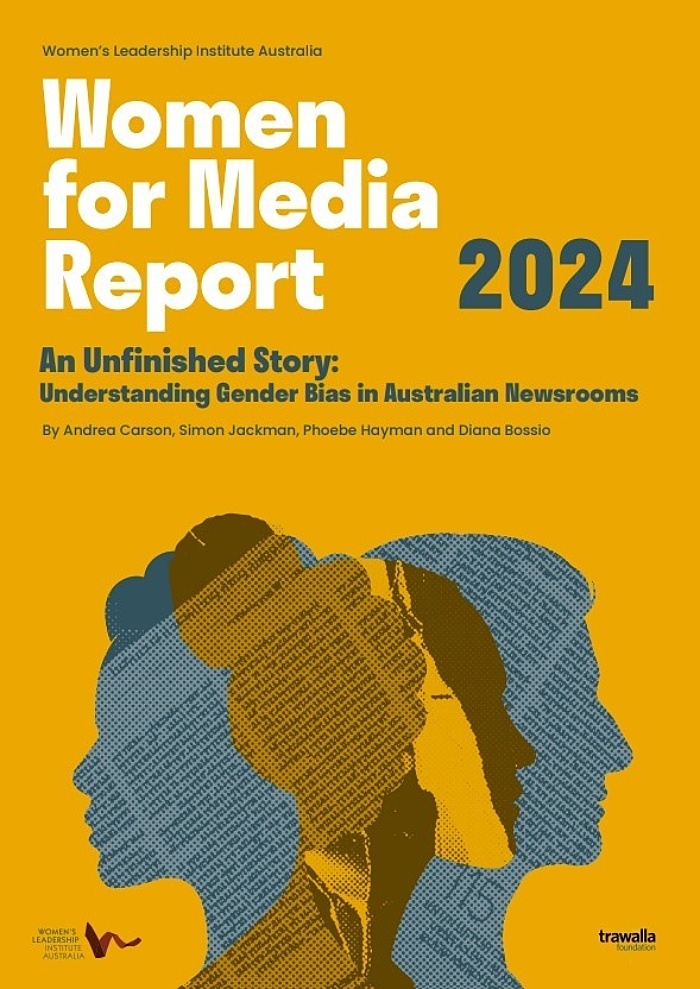
Key findings include:
The study, led by La Trobe University Professor of Political Communication Andrea Carson, is the sixth in the Women for Media series.
Professor Carson said 12 years after the first report, progress toward gender parity in the media was still slow.
“While we found almost equal numbers of male and female journalists in Australia, women still disproportionately cover soft news stories, while men write the hard news topic areas,” she said.
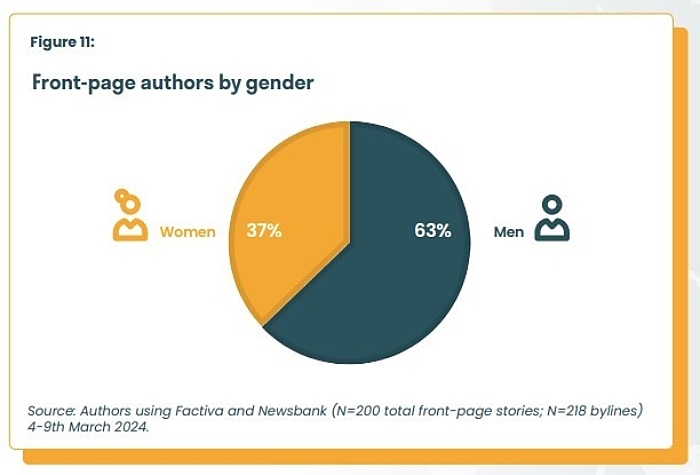
Male journalists wrote more front-page stories and were given ‘exclusive’ taglines more than twice as often as women.
The gender divide was most noticeable in the opinion pages, where men received more than 70 per cent of the opinion bylines, up six per cent since 2021.
The study also revealed a disproportionate number of male experts quoted in news articles.
“While men account for 80 per cent of expert opinions, we found women journalists are better at quoting women sources than men do,” said Professor Carson.
She said gender equality in the news media was vital for democracy and civic engagement.
“Everyone should have the same opportunity to participate in public life, free from any form of discrimination, but there are still significant gaps in gender representation across society, including our democratic institutions like government, the judiciary, and, as this report highlights, the media.”
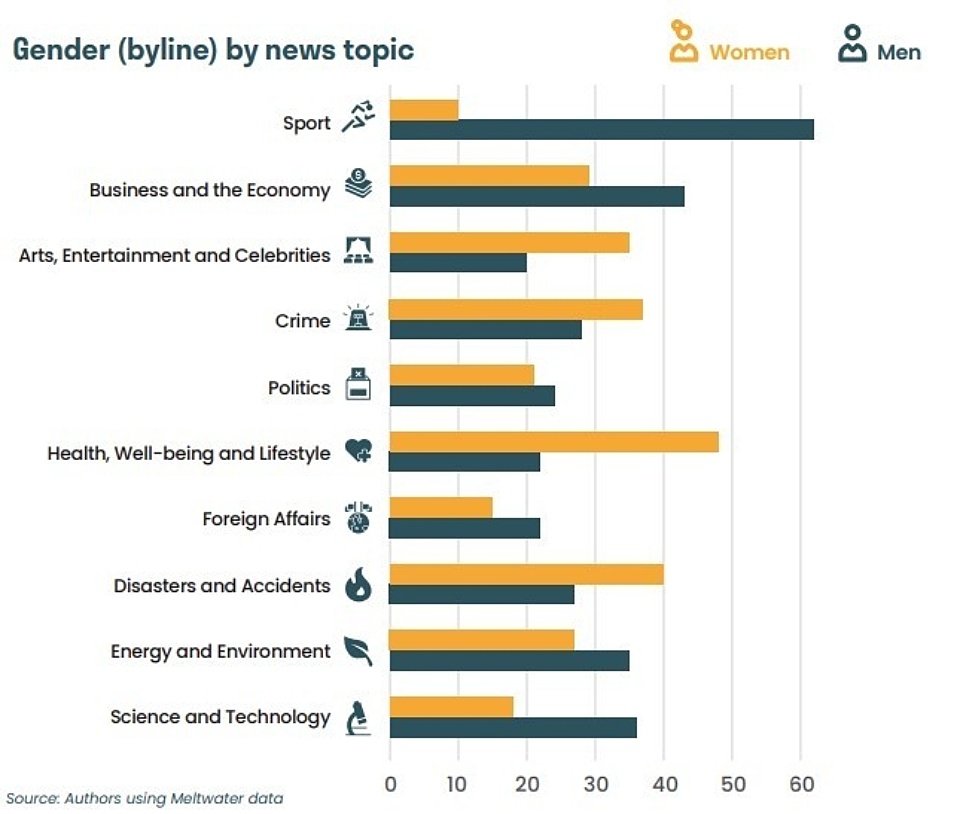
The report made several recommendations designed to help ensure equal representation and participation of women leaders and journalists in Australian news organisations:
Women should be encouraged and supported to take on roles in traditionally male-dominated reporting areas. Newsroom policies and practices should ensure a more balanced distribution of story topics to both male and female journalists.
Boost the representation of women in high-visibility editorial areas such as the front page and opinion and commentary sections, and in male-dominated topic areas such as sports, business, economics, and international affairs.
While some news events may dictate who is quoted, journalistic discretion should be exercised when able to actively engage more women as expert sources. Editorial oversight should challenge default reliance on male sources.
More thought should be given to how syndication practices can exacerbate gender disparities. Care should be taken to ensure women’s perspectives are integrated across all areas of news coverage, not just in “soft news” topics.
Robust newsroom policies should be introduced that promote gender equity and equality, including initiatives to actively increase the number of female bylines, opinion pieces, “exclusive” taglines and women as quoted experts. Women should be supported with training and mentorship to build expertise in these areas. Clear processes should be established to track and monitor progress, and publicly report outcomes to maintain accountability.
Priority should be given to the development of policies and practices that protect women journalists and other vulnerable groups from online harassment and trolling to prevent a chilling effect on their participation in the media and public discourse.
The report also called on government to consider ways to support public interest journalism in tough economic times and advocate for digital safety standards that protect women in public life from online abuse.
“We need to shift the norms of who we see and hear as leaders and experts – and that starts with bringing more diverse voices into public commentary.”
Interviews with editors revealed that newsroom leaders are committed to improving gender representation, and progress has been made, with more female staff and women leaders in the newsroom.
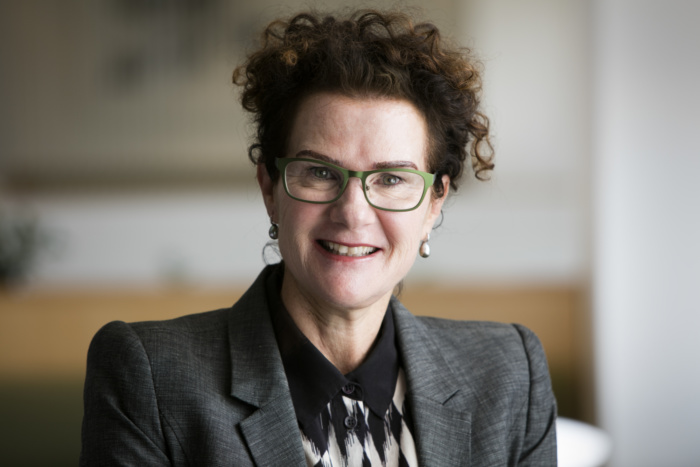
However, the study found most editors acknowledged more work needs to be done, particularly around increasing the number of women from diverse backgrounds and developing policies to deal with online harms that disproportionately target women.
WLIA chair Carol Schwartz, who is also chair of Our Community, stressed the importance of prioritising diverse voices in news coverage.
“The stories we see, the voices we consider authoritative and the narratives we embrace all determine the future we build,” said Schwartz.
“We need to shift the norms of who we see and hear as leaders and experts – and that starts with bringing more diverse voices into public commentary.”
Schwartz said the issue went beyond gender alone, and was about creating a more inclusive, responsive, and collaborative society.
“Shared power and decision-making between men and women leads to better outcomes for all Australians.”
Posted on 28 May 2025
A national philanthropy campaign aimed at redefining how Australians can give more to help those…

Posted on 05 Mar 2025
This year’s social impact high achievers come from a family dispute resolution service, a…
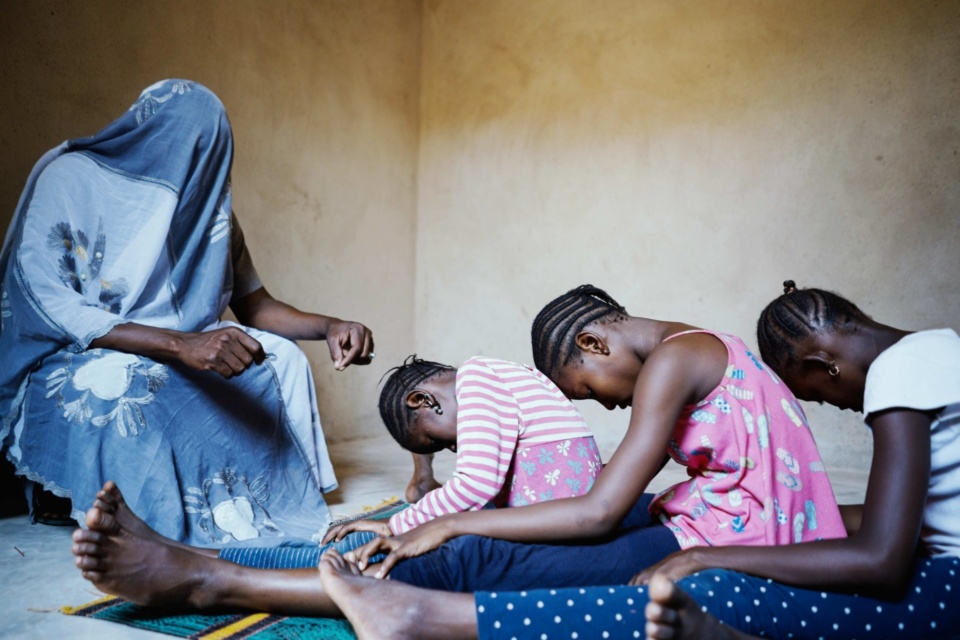
Posted on 05 Mar 2025
An alarming epidemic of weaponised gender-based violence is silently escalating in the shadows of…

Posted on 17 Feb 2025
A new report has called for the introduction of a legally enforceable right to housing across the…
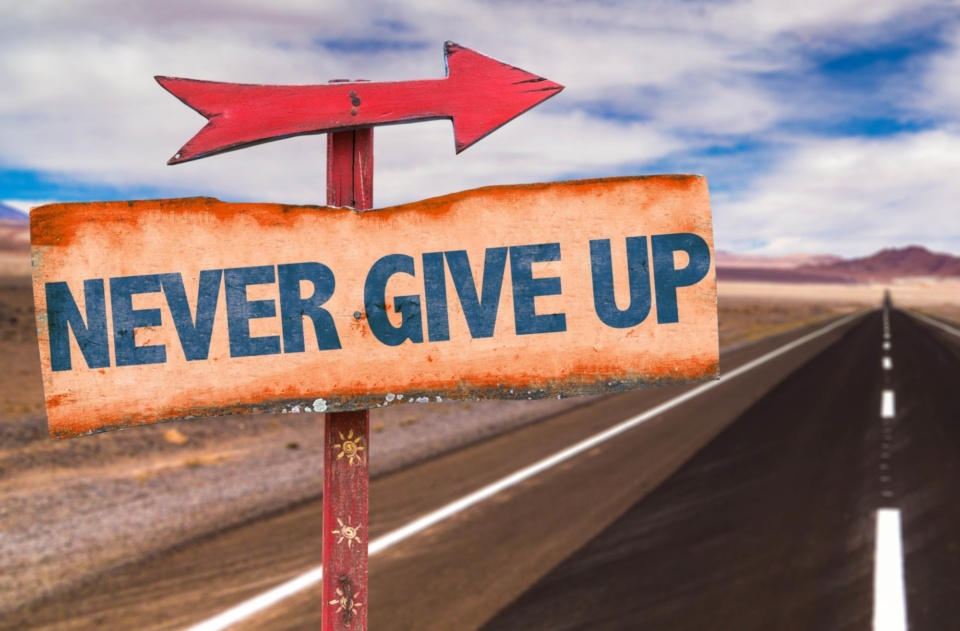
Posted on 15 Feb 2025
Bitterly disappointed charities have slammed the passing of new electoral reforms they claim will…
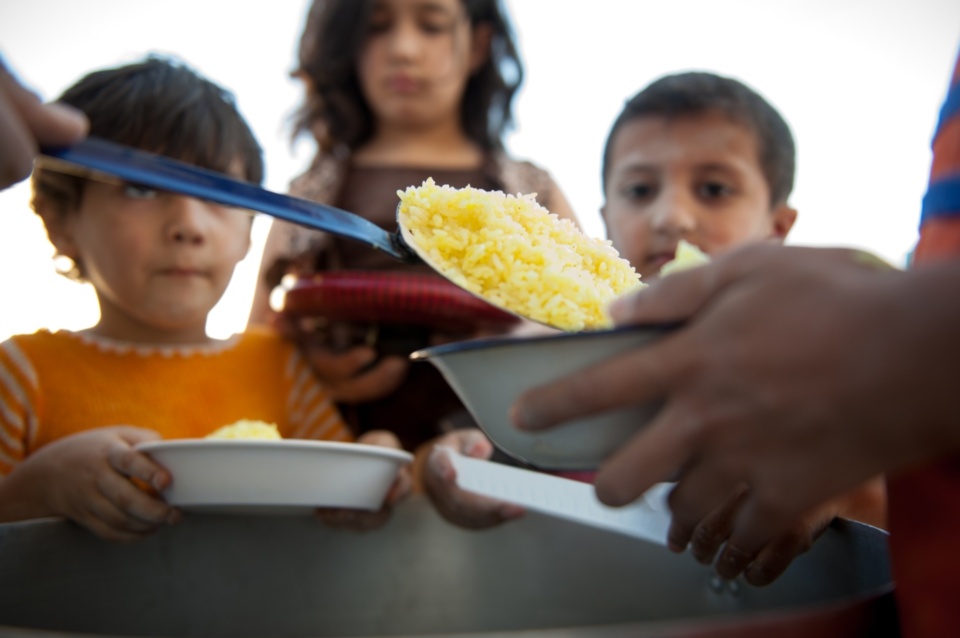
Posted on 14 Feb 2025
The Trump administration's gutting of USAID threatens to undermine decades of progress in…
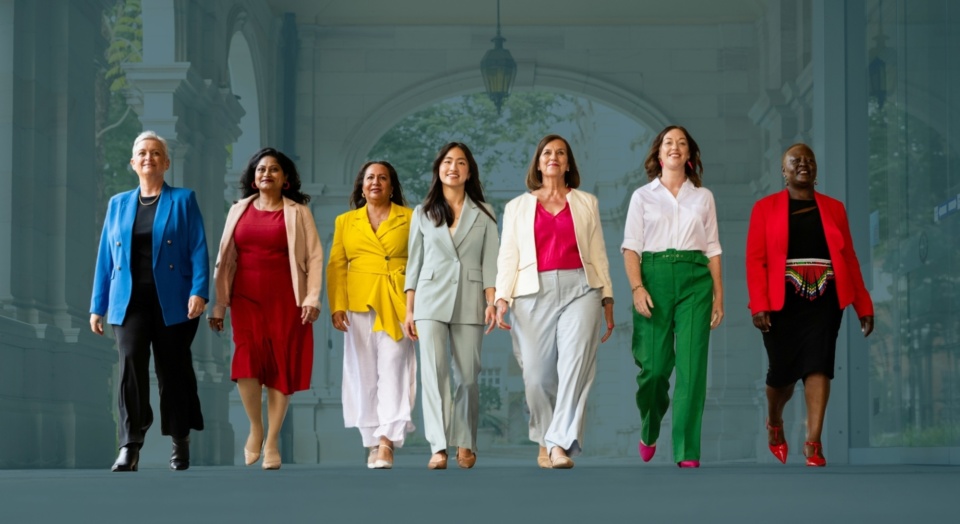
Posted on 13 Feb 2025
While Australia has had some trailblazing female politicians over the years, the road to political…
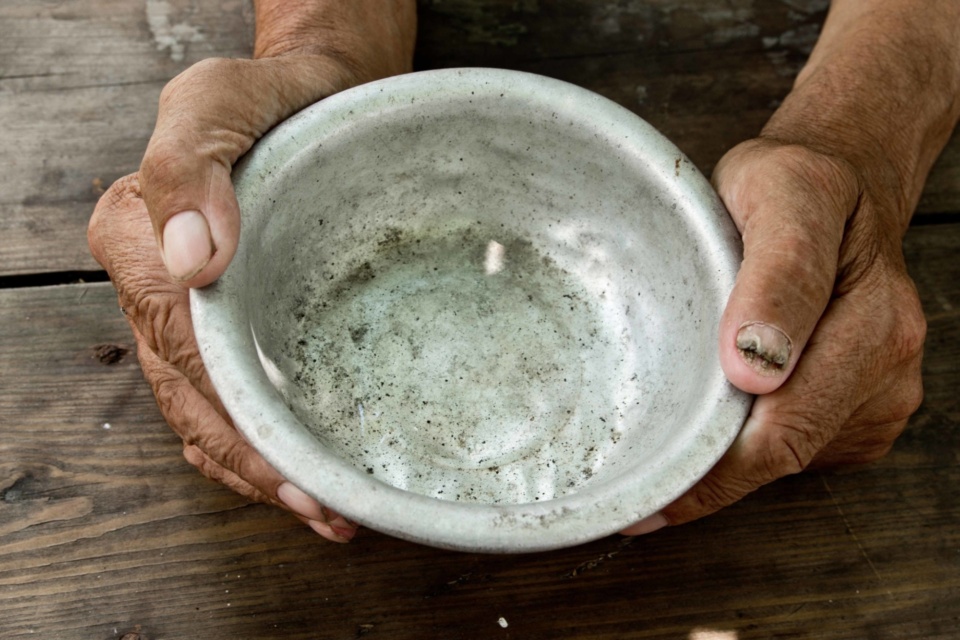
Posted on 12 Feb 2025
The election of Donald Trump as US president is an expression of a pervasive cultural shift away…
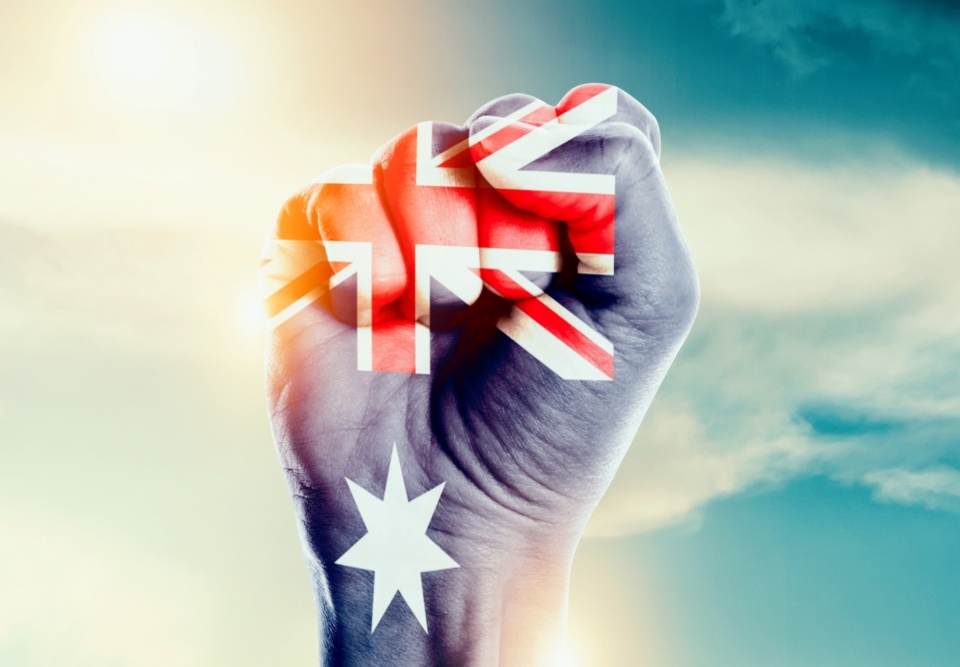
Posted on 11 Feb 2025
Charity and not-for-profit organisations have banded together to voice their concerns that the…
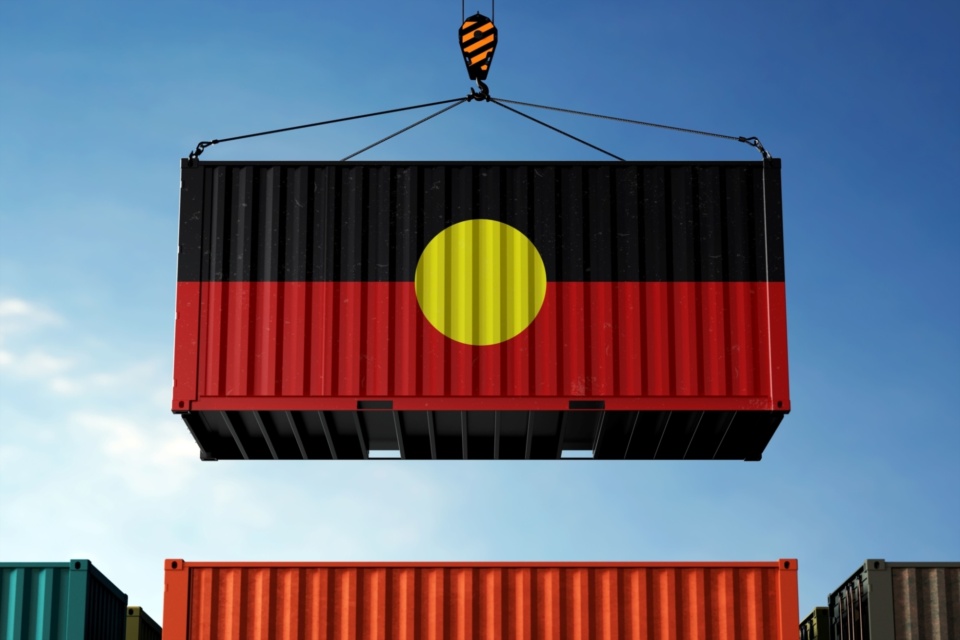
Posted on 10 Feb 2025
The hiring Indigenous business managers by non-Indigenous businesses can help close the employment…

Posted on 10 Feb 2025
The targeting of a Geelong food relief charity by brazen thieves who cleaned out the organisation's…

Posted on 10 Feb 2025
Australian parents are banding together to ensure their kids are not robbed of their childhoods by…